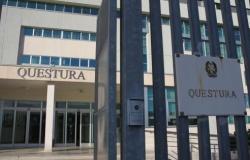A decree to cut healthcare waiting lists will arrive in the Council of Ministers in the next two weeks, announced the Minister of Health Orazio Schillaci. Inside there will be various measures, including one to prevent doctors from overdoing tests and therapies.
The Meloni government’s intervention is approaching to try to reduce waiting lists in public healthcare facilities. The Minister of Health Orazio Schillaci yesterday said at the Fratelli d’Italia programmatic conference that a decree will be presented in the next fifteen days to the Council of Ministers. The executive’s moves should act on several different aspects: above all there is the question of the hiring restriction on spending ceilings, but also the hiring of more specialists (a topic also touched upon with the Pnrr decree) and more efficient management of appointments for health services. Furthermore, a part of the decree should be dedicated to doctors who write too many prescriptions for visits and tests that are actually not necessary.
This is a delicate issue, given that it is not always easy to distinguish which healthcare services are exaggerated and which are in line with the patient’s situation. The waiting lists, which often force people to give up treatment, are sometimes clogged not only due to a lack of public funds but also because there are tests prescribed when there is no need for them. The government estimate is that this represents 20% of prescriptions, or one in five, and would cost up to 10 billion euros a year.
These are those prescriptions which, in jargon, are defined as “inappropriate“. In some cases these are measures with which doctors protect themselves on a legal level: to avoid complaints in the event that something happens to the patient, excessive therapies and tests are prescribed. To compensate for this risk, the government has extended the shield penalty for doctors until the end of the year, and Minister Schillaci’s intention would be to make it structural. Another measure, however, would be to carry out more checks on prescribed prescriptions.
The Democratic Party presents the Schlein Law: healthcare spending at 7.5% of GDP to cut waiting lists
According to what was anticipated by Il Sole 24 Ore, it would become mandatory for doctors write the diagnostic question in the prescription, that is, the specific health problem that drives you to make that prescription. Thus, by collecting all the medical indications, we could have a more complete picture of the services assigned to patients. It would also be more evident when a doctor is prescribing too many tests for his patients, and regional administrations could decide to intervene directly to explain this excess.
There would be no fines either sanctions of another type, however, for those who make too many recipes. However, in the past in similar situations there have been condemnations by the Court of Auditors, given that in fact (if it is proven that the prescriptions were completely useless and the doctor was aware of this) it is a waste of public money.




